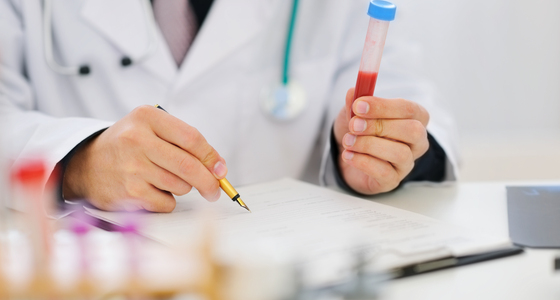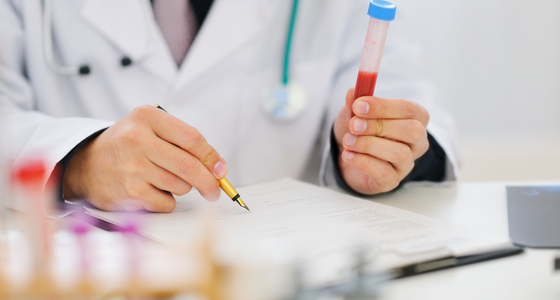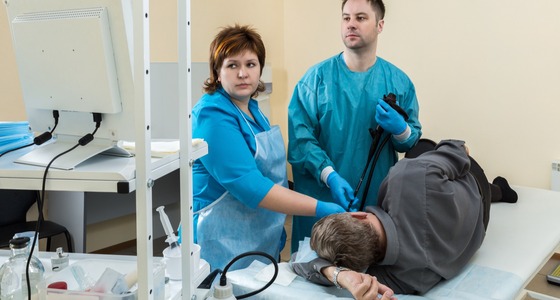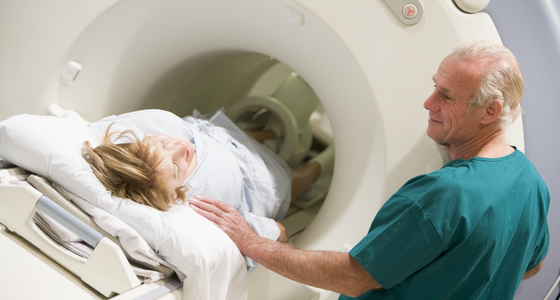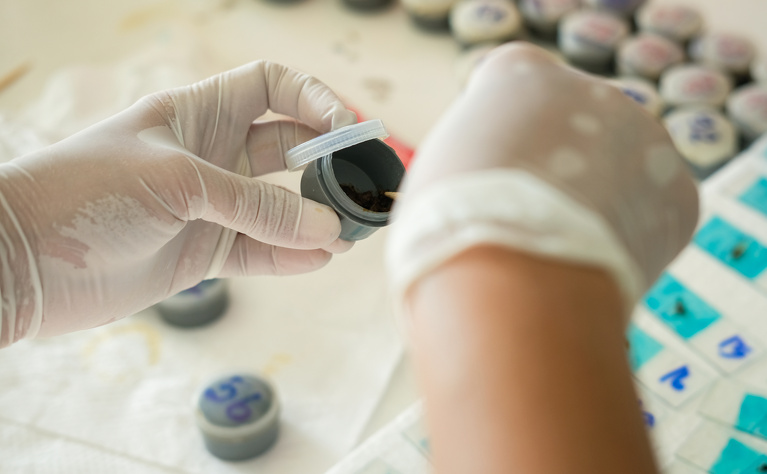
Stool tests are an important test in the diagnosis and monitoring of inflammatory bowel disease.
Our poo can tell us a lot about what’s going on inside our body. In a stool test our poo (or stool) is analysed to check for a number of things.
Some people can find doing a stool sample embarrassing but it’s important to remember that doctors and nurses (especially those who specialise in digestive diseases) deal with stool samples all the time.
In a stool test a sample of your faeces is analysed to check for various things. In inflammatory bowel disease (IBD) these might include - inflammation, infections or malabsorption of nutrients.
Although a stool test on its own can’t diagnose IBD it can help give a picture of what might be going on in your body.
If you are experiencing IBD-type symptoms you may be asked to do a stool test to check to see if an infection (such as salmonella, campylobacter or clostridium difficile) is actually causing the symptoms.
Tests can also be done to see if you have increased levels of specific proteins, which can indicate inflammation in the body.
IBD can affect the digestive system’s ability to absorb nutrients (especially if you have Crohn's disease in your small intestine where a lot of vitamins and minerals are absorbed). A stool test can also be done to help give an indication if this is the case.
If you have IBD you may be asked to do stool tests as a way of monitoring and measuring the effectiveness of your treatment.
Your doctor or nurse will give you instructions as to how to collect your sample and these should be followed if they differ from the instructions below:
You will probably be provided with a specimen pot to put the stool sample into. If you aren’t then any clean, dry, screw top container will do.
Make sure the pot or container is labelled with your name, date of birth and the date you are taking the sample.
When collecting the sample try not to let it touch the toilet or toilet water and try not to collect any urine with it. To do this make sure you urinate first. To get the stool sample you could use a potty or a large, empty container to go to the toilet in or place plastic wrap or newspaper over the rim of the toilet seat to catch the stool.
You will then need to use a spoon or spatula (or the tool that came with the sample pot) to collect a piece of the stool. You should fill the sample pot about a third full - or collect a sample about the same size as a walnut if you are using your own pot.
After collecting the sample make sure you dispose of anything that you used to collect the sample by tying it in a plastic bag and putting in the bin. Make sure you wash your hands thoroughly afterwards. If you have an infection and you don’t do this you could pass it on to other people.
There are three main stool tests used in relation to IBD:
There are no serious risks of doing a stool sample as long as you ensure you thoroughly clean your hands afterwards and dispose of anything used to help collect the stool.

